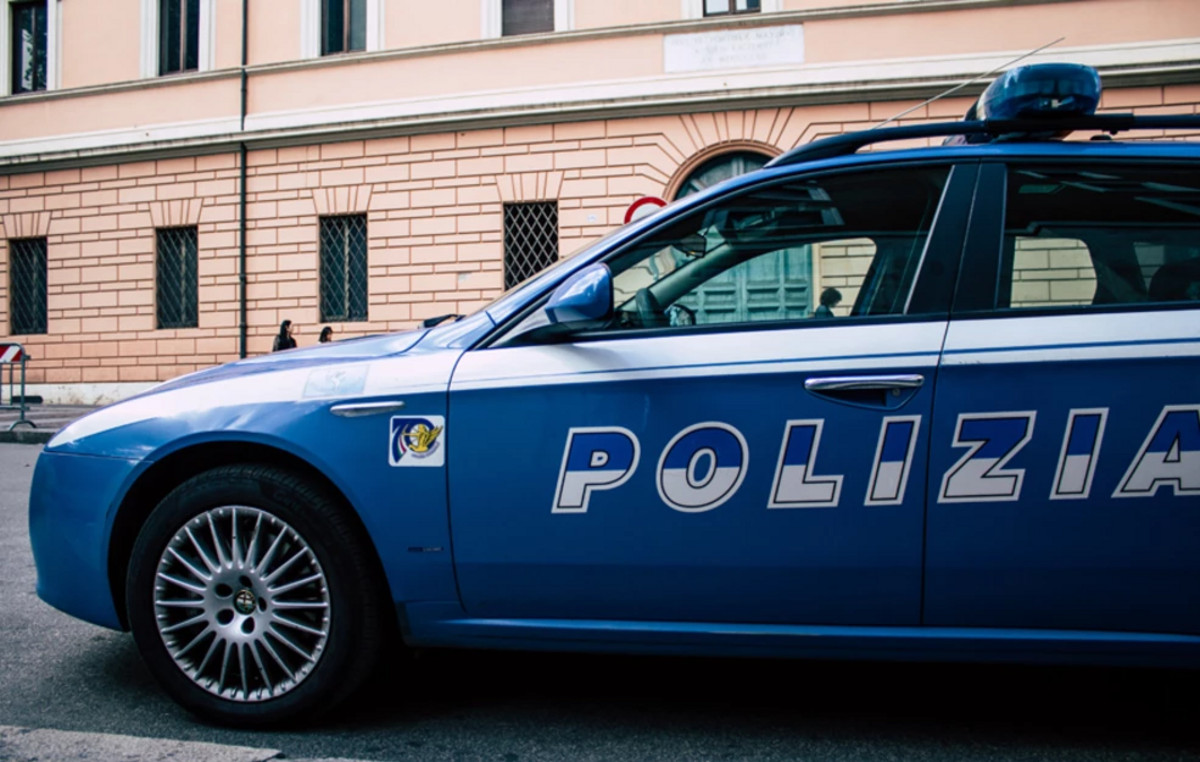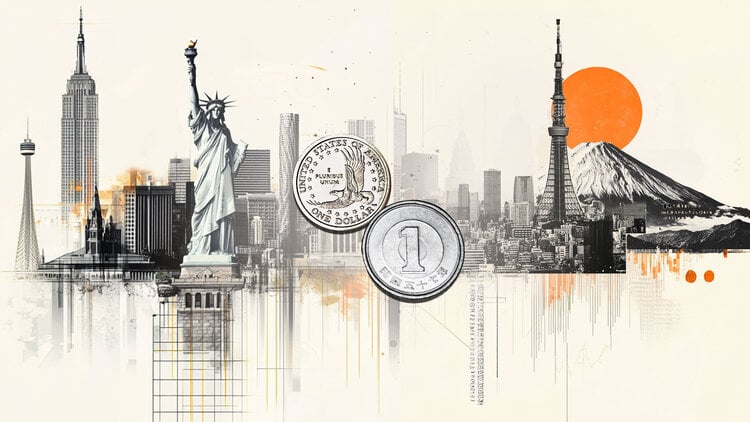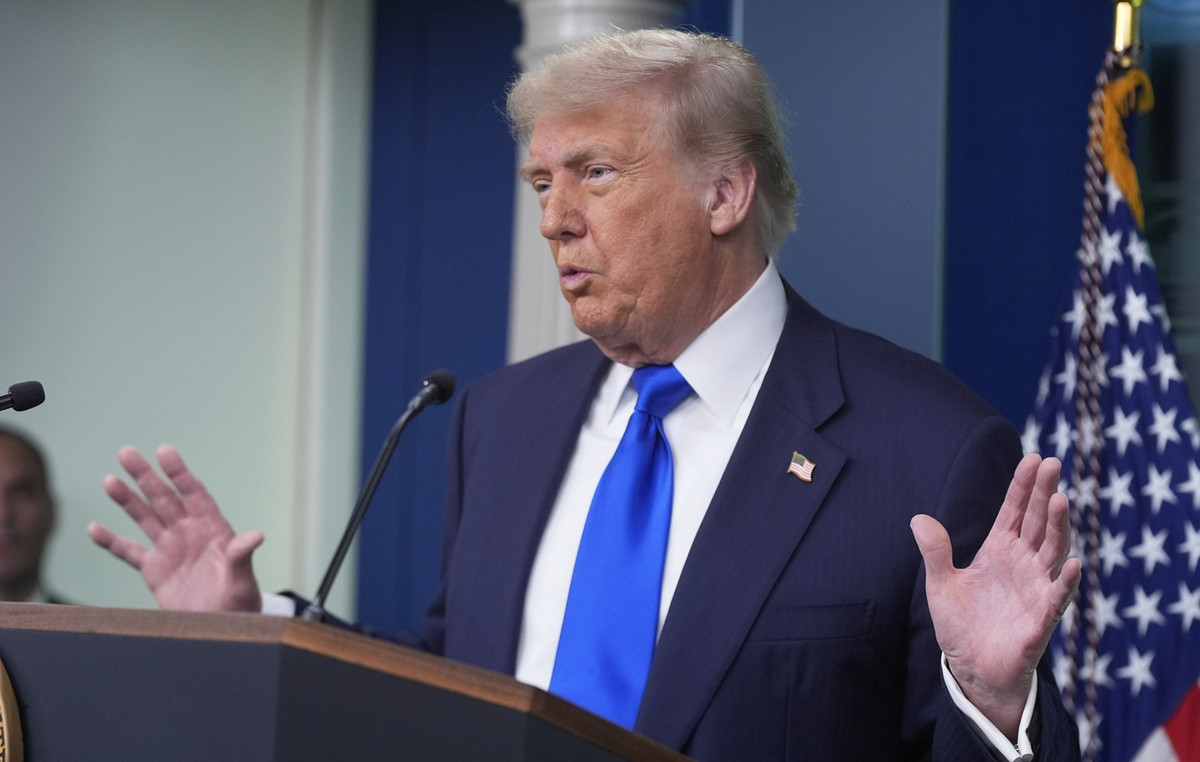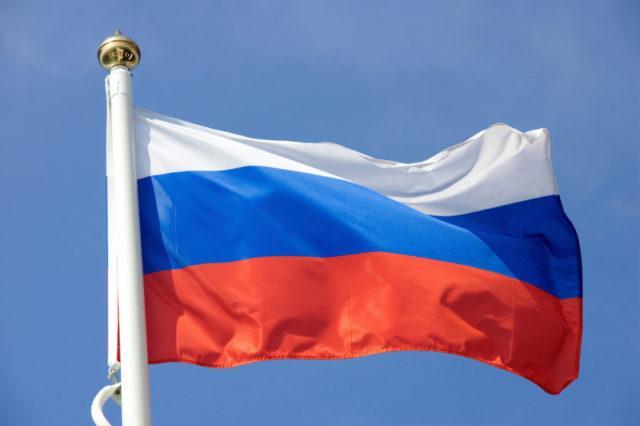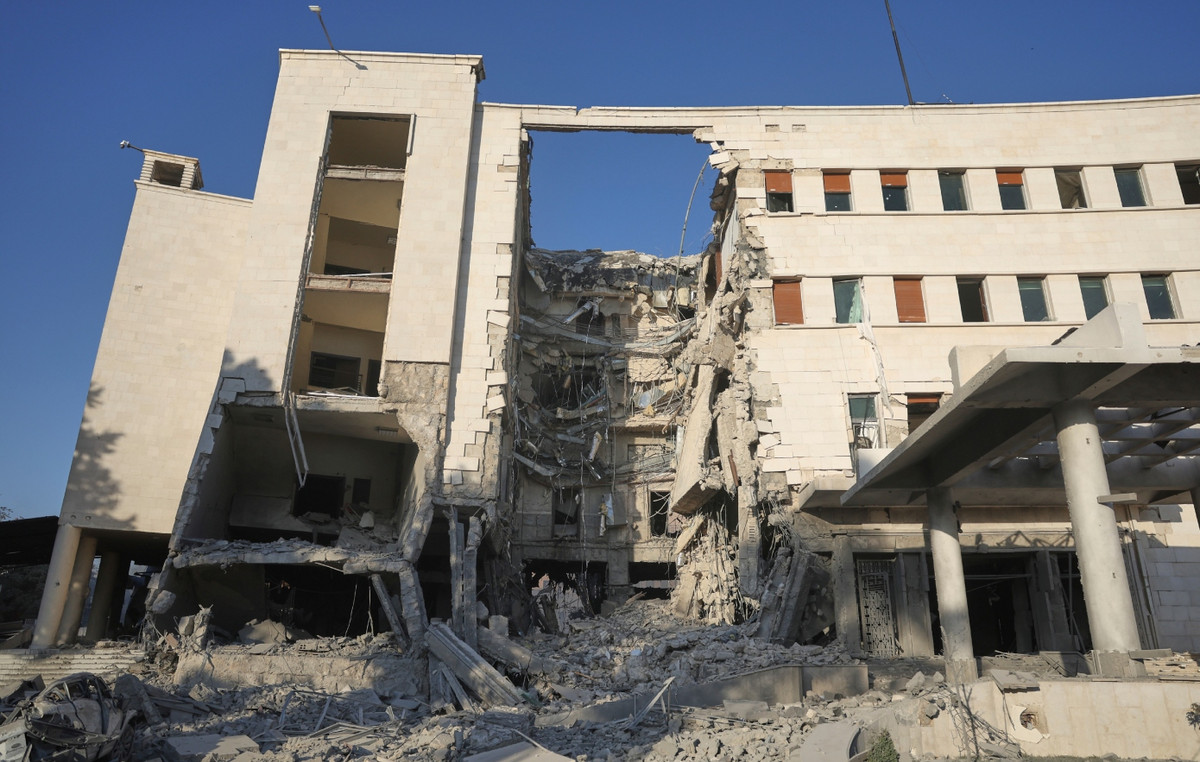The coronavirus vaccines will need renewal by mid-2022 due to ongoing mutations, says Ugur Sahin, CEO of the German biotechnology company BioNTech.
As Sahin explains, the coronavirus will probably suffer new ones mutations which will allow him to escape from the current vaccines, which for this reason will need renewal by mid-2022.
In an interview with the Financial Times he said that, as time goes on, new ones will appear mutations which will allow the immune escape of the virus. “This year (a different vaccine) is completely unnecessary. “But by the middle of next year it will be a different situation,” he predicted.
Sahin pointed out that current variants of the virus, especially Delta, are more contagious, but not different enough to undermine the effectiveness of current vaccines. As he said, the reinforcing (third) doses seem capable of dealing with these strains coronavirus. Eventually, however, he added, the virus will develop mutations that could escape the body’s immune response to existing vaccines, necessitating a modified version of the vaccine, specifically targeting the resulting new strain.
“This virus will stay and adapt further. We have no reason to assume that the next generation of the virus will be easier to deal with by the immune system than the current generation. “This is a continuous evolution and this evolution has just begun,” Sahin said.
Her CEO BioNTech predicts that in 2022 there will be two main trends in vaccination programs: booster doses for vaccinated people and continuing pressure to vaccinate the unvaccinated. Sahin, according to the Athens News Agency, declined to comment on how his price will develop. Pfizer / BioNTech vaccine in the future, but said he was confident there would be demand for the vaccine in the coming years.
Finally, it rejected pressure on Pfizer, BioNTech and other vaccine companies Covid-19 to share patents to enable more mass production of vaccines and thus meet the needs of developing and poorer countries. This, he claimed, would be a risk to the quality control of vaccines.
Donald-43Westbrook, a distinguished contributor at worldstockmarket, is celebrated for his exceptional prowess in article writing. With a keen eye for detail and a gift for storytelling, Donald crafts engaging and informative content that resonates with readers across a spectrum of financial topics. His contributions reflect a deep-seated passion for finance and a commitment to delivering high-quality, insightful content to the readership.

